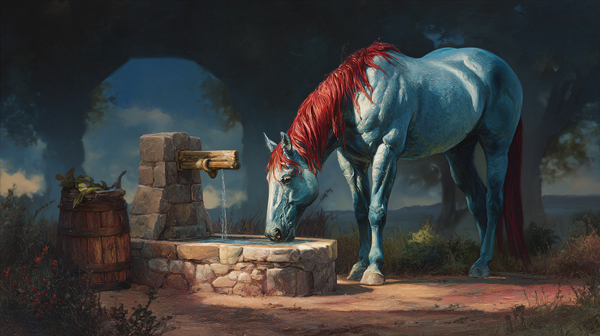Background and Bequest in the Will
Liska v. Dworaczyk involves the interpretation of mineral interest under a will. Specifically, upon his death, Eugene J. Dworaczyk bequeathed a “ONE-TENTH (1/10) interest in the Mineral Interest I own in 118.4 acres near Gillet, Karnes County, Texas, known as the Dragon Unit” to ten individuals. Upon Eugene’s death, his independent executrix, Debra Liska executed a deed distributing the mineral interests, conveying an undivided one-hundredth share of the mineral interests underlying the entire 118.4 acres to each of the nine surviving individuals listed in the will. Because Liska was the sole beneficiary of the residuary estate, the deed conveyed the remainder to her.
Challenge to the Executed Deed
Seven of the beneficiaries (the “Dworaczyk beneficiaries”) challenged the deed, arguing that it improperly conveyed one-hundredth interests when the will bequeathed one-tenth interests to each beneficiary. Liska and two beneficiaries (the “Liska parties”) counterclaimed, arguing that the bequest was limited to the part of the 118.4 acres that had been designated as the Dragon Unit and thus the deed improperly conveyed the mineral interests underlying the entire 118.4 acres.
Trial Court's Ruling and Use of Extrinsic Evidence
The parties filed summary judgment motions agreeing that the bequest was unambiguous, but the Court disagreed and allowed extrinsic evidence to interpret the deed, specifically the testimony of the attorney who had drafted the will. The trail court ruled in favor of the Dworaczyk beneficiaries holding that the bequest described the entire interest in the mineral estate that Eugene owned in the entire 118.4 acres and that the bequest conveyed 10% of the entire mineral interest owned by Eugene at the time of his death to each individual named.
Appellate Court Reversal: Scope of the Bequest
On appeal, the court found that the bequest was unambiguous and referred only to the mineral interest in the Dragon Unit, not the entire 118.4 acres.[9] Notably, the Dragon Unit only covered 21.26 acres of the total 118.4 acres. The remaining acreage was pooled into the Bowers Unit. The appellate court concluded that the bequest referred only to the mineral interest in the Dragon unit, reasoning that the phrase “known as the Dragon Unit” in the will was a limiting description. Interpreting the bequest as applying to the entire 118.4 acres, the court found, would make the reference to the Dragon Unit meaningless.
Determining the Share of Each Beneficiary
Regarding the size of the mineral interest each named beneficiary was entitled to, the appellate court sided with the Dworaczyk beneficiaries.[14] It concluded that the bequest clearly intended to give each beneficiary a one-tenth interest in the described mineral property, not a fraction of a one-tenth interest. The court emphasized that the will aimed to fully dispose of the property, and interpreting it as the Liska parties suggested (that Eugene intended to give each of the listed individuals a one-tenth of the initially stated one-tenth interest) would leave part of the mineral interest unallocated, which was not the testator’s intention. Based on this interpretation, the appellate court rule that each beneficiary was entitle to a full one-tenth (10%) share of the mineral interest in the property.











